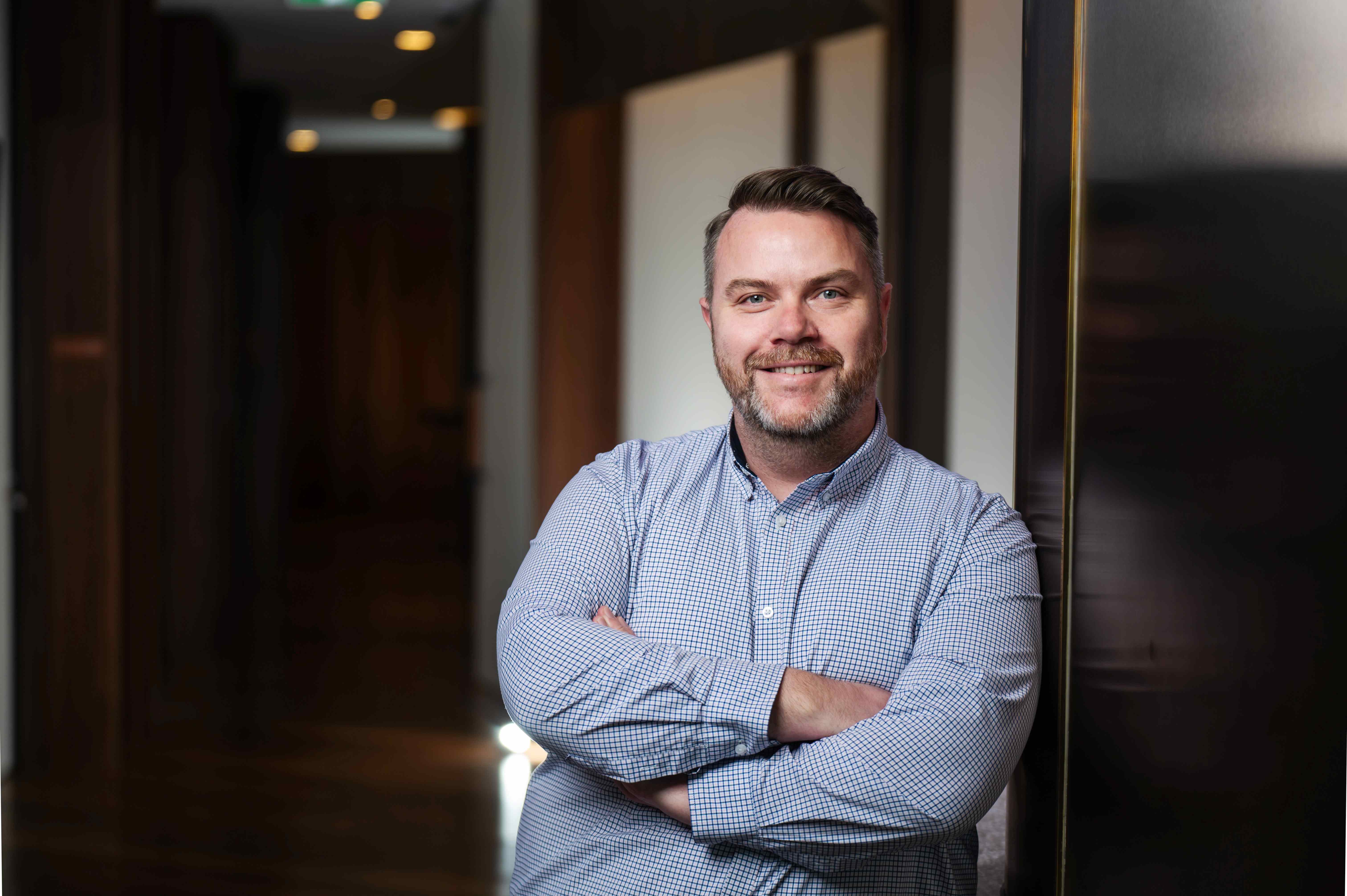Dale Garsed Q&A

Dr Dale Garsed
Senior Research Associate
What are you researching in lay terms?
My team is investigating ovarian cancer in patients who had exceptional responses to treatment, to identify unique features of the patient or their cancer that may assist in developing more effective treatment strategies.
What motivated you to come and work at Peter Mac?
Peter Mac is a world leader in cancer research, with access to advanced technologies, multidisciplinary expertise, and strong links between the clinic and laboratories. It is a place where bright ideas can make a real-world impact.
What drives you to achieve better outcomes for cancer patients?
All of us have had loved ones affected by cancer, some with luckier outcomes than others. It is the knowledge that some patients can beat so-called 'untreatable' cancers, that drives me to continue to solve this problem for those who aren't as lucky.
How will your research improve outcomes for cancer patients?
Ovarian cancer is a challenging disease with unacceptably high mortality. Despite this, about 15% of patients 'beat the odds' and survive for 10 or more years after treatment. My team is investigating how these long-term survivors fare so much better than others. We recently found that patients who experience exceptionally long-term survival (10+ years) often present with tumours that are densely co-infiltrated by T cells and B cells. Antibodies from B cells can attack cancer cells in several ways, including binding directly to cancer cells and impairing their viability, and also flagging cancer cells for destruction by other immune cells. Importantly, these antibodies can be used as drugs to treat other afflicted individuals. Our objectives are to understand how B cells and their antibodies promote tumour elimination and to isolate the best of these antibodies for use as new therapeutic agents against this disease.
What do you like most about working for Peter Mac?
Peter Mac is a warm and welcoming place to work, and it's because the people here care deeply about what they are doing.
Can you please detail how your research has used and benefitted from the core facilities at Peter Mac?
The advanced sequencing technology, that is expertly applied by the Peter Mac Molecular Genomics Core, has enabled my team to regenerate the antibodies (immune molecules) present in ovarian cancer samples that were collected during surgery more than 20 years ago, from women who became long-term survivors. Profiling tumours at a single-cell level in patients who beat their ovarian cancer, will help us design new immune-based treatments that fortify the patient’s natural defence mechanisms, leading to increased survival.
